-
The telecommunications and information services subsector is the largest within the communications sector, regulated by the Nigerian Communications Commission.
-
The NCC’s head was correct that the subsector contributed about 8.6% to Nigeria’s GDP in 2015, two years after the country rebased its GDP.
-
However, saying this contribution had doubled in eight years compares 2015’s annual average to the contribution made in the third quarter of 2023, which is inaccurate and incorrect.
To mark his eight years in office, Prof Umar Danbatta, the head of the Nigerian Communications Commission (NCC), shared some impressive statistics with media chiefs in September 2023.
According to a statement from his office, Danbatta said that, despite challenges, the Nigerian telecoms industry had experienced “explosive growth” and “garnered global recognition”.
He took office in August 2015. The NCC regulates the country’s telecommunications industry.
Danbatta’s most significant statistic centred on the industry’s contribution to the economy: “From 8 per cent contribution to the Gross Domestic Product (GDP) in 2015, [the] telecommunications sector now contributes 16 per cent quarterly to the Nigerian economy as of the second quarter of 2023.”
Africa Check has previously fact-checked claims about the contribution of the information and communication technology (ICT) sector to Nigeria's GDP.
So we took a look at this one too – did Danbatta get his figures right when he compared the telecoms sector's contribution to GDP in 2015 and the second quarter of 2023?
A country’s gross domestic product or GDP is a measure of the size of its economy. It is the market value of all goods and services produced in a country in a given period, usually a year. Any economic activity will increase GDP, as long as the activity is recorded
Nigeria’s National Bureau of Statistics (NBS) publishes GDP figures on a quarterly basis. The reports break down the economy into broad sectors and subsectors.
The telecommunications and information services sub-sector is by far the largest within the communication and information sector, which also includes publishing, motion pictures, music production and broadcasting.
In 2013, Nigeria rebased its GDP to become the largest economy in Africa. The large GDP increase came largely from sectors that were previously unrecorded or under-recorded. These included telecommunications and film.
This means that the rebasing led to an increase in the contribution of the ICT sector to Nigeria's economy.
In 2015, telecommunications and information services contributed an average of 8.6% to Nigeria's real GDP, adjusted for inflation.
This was measured at 8.38% in the first quarter, 9.46% in the second, 7.71% in the third and 8.88% in the fourth.
Danbatta did not mention a specific quarter in 2015 in his claim. Therefore, using the annual figure of 8.6%, we rate the claim as correct.
In a nod to his leadership, Danbatta said the telecoms sector contributed 16% to Nigeria's quarterly GDP in 2023, double the 8% it contributed in 2015.
While it is correct that the sector's contribution to real GDP was 16% in the second quarter of 2023, the claim that the sector now contributes that much is not supported by publicly available data.
The trend over the last decade shows that the sector's contribution to real GDP was highest in the second quarter of 2023. In the four preceding quarters, the contribution was between 12.85% and 15%.
‘Wrong to compare quarterly and annual figures’ says statistics office
The head of national accounts at the NBS, Dr Baba Madu, confirmed to Africa Check that the telecommunications and information services component in the quarterly GDP reports includes all services regulated by the commission.
Madu said the statistics bureau gets its data from the NCC.
But it is not correct to compare a sector's contribution to GDP in a single quarter with a full year’s contribution, Madu said.
“Yes, the telecommunications and information services contributed 8.^6% to the GDP in 2015 and that figure is the average of the sector’s contribution to the GDP in all four quarters of that year.”
But it is “wrong to compare it with the 16.06% contribution to the GDP, which the sector recorded in the second quarter of 2023”, he said.
“If you are comparing, you should compare quarter to quarter and year to year. It is better to compare the figures in the second quarter of 2023 to the second quarter of 2015,” he said.
Comparing the 9.46% contribution to GDP in the second quarter of 2015 with 16.06% in the second quarter of 2023, the sector’s contribution to the economy has not doubled as Danbatta claimed.
We rate the claim incorrect.


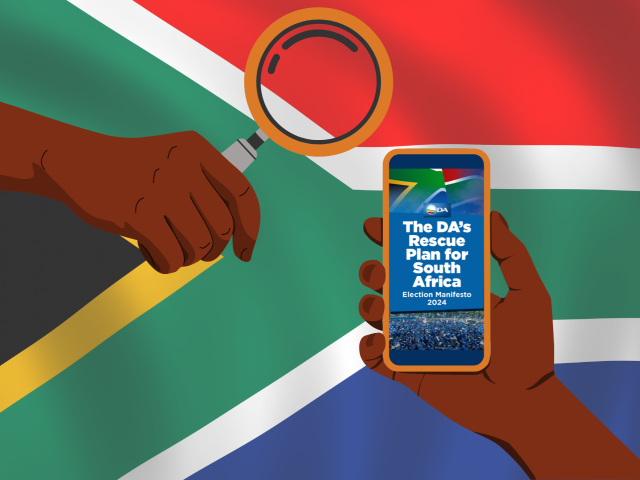
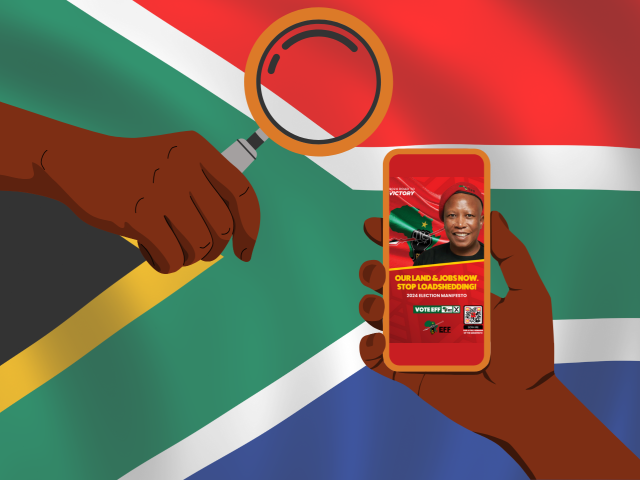
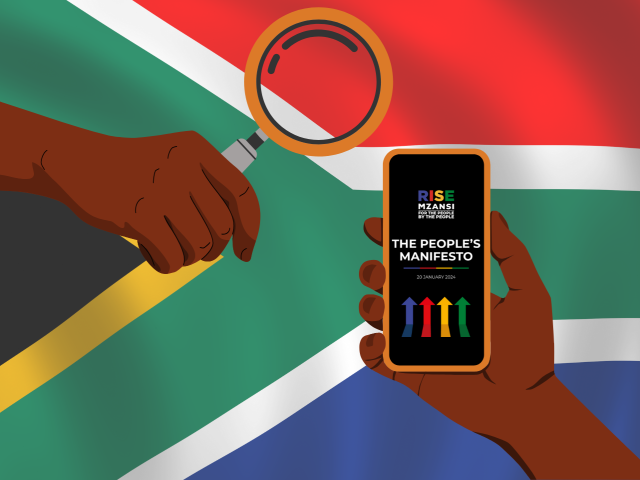
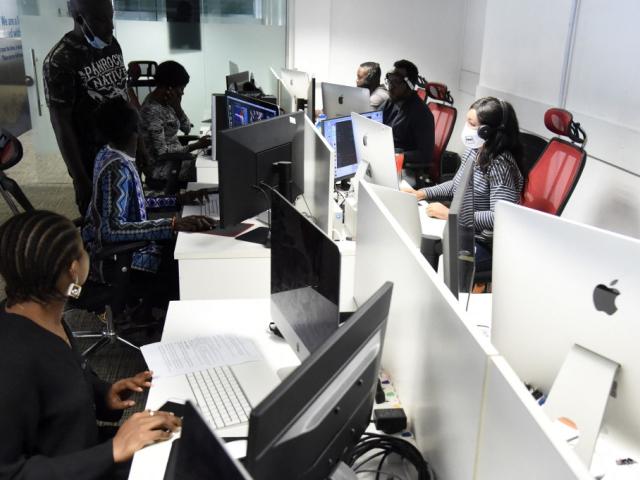
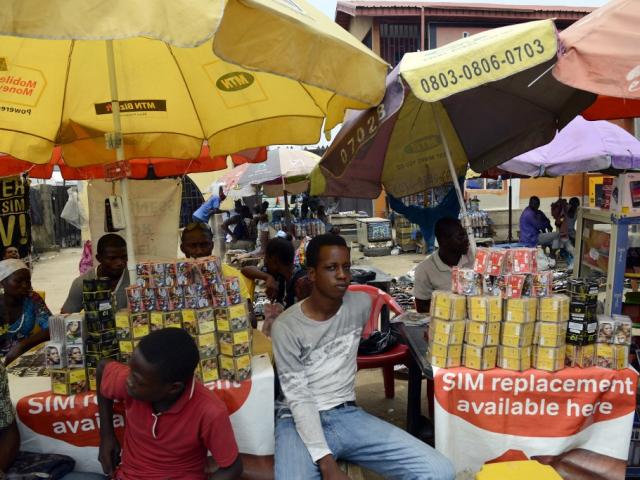
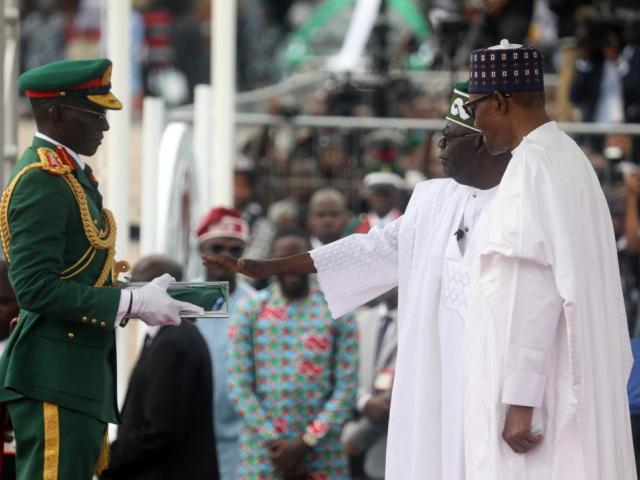
Add new comment